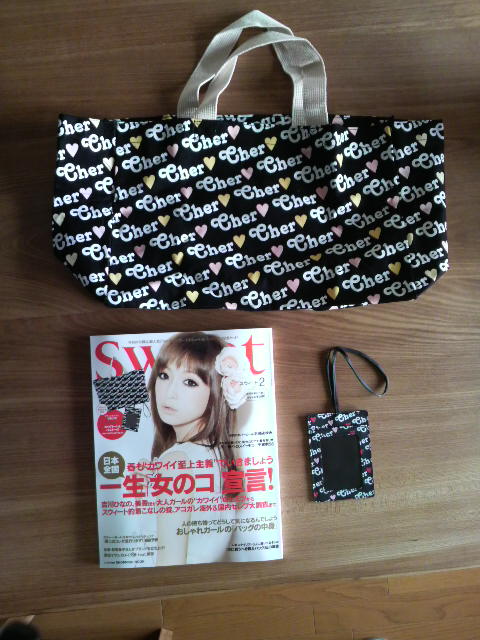The までついて in the following paragraph is presenting some difficulties to me, especially the ついて, which I'm not sure is the て-form of つく or is conjunction ついて(就いて).
だけど、この1月号のすばる脳のすばるはいつも以上に可愛くて可愛くて仕方なく、しかも付録までついてこれは買うしかない!! (source)
The までついて in the following paragraph is presenting some difficulties to me, especially the ついて, which I'm not sure is the て-form of つく or is conjunction ついて(就いて).
だけど、この1月号のすばる脳のすばるはいつも以上に可愛くて可愛くて仕方なく、しかも付録までついてこれは買うしかない!! (source)
First of all, this question is highly related to the recent question:
「つく」=「付く」 (「就く」 has nothing to do with it.)
「つく」, in this context, means "to come with"
「まで」, of course, means "even".
「[付録]{ふろく}」 means a "freebie/present that automatically comes with the purchase of a book/magazine" in this context. (The kanji 「付」 is in it; It's all in the name.)
Thus, the sentence is saying that the January issue of this magazine "even comes with a present, so you have no choice but to buy a copy!".
(In case you did not know, some Japanese magazines come with pretty good free presents and quite a few people buy those magazines for the presents rather than for the magazines themselves.)
[Below] If you could get that cool-looking tote free for buying a copy of the magazine, would you be able to resist it? I would not be!

(source: seesaa.net)